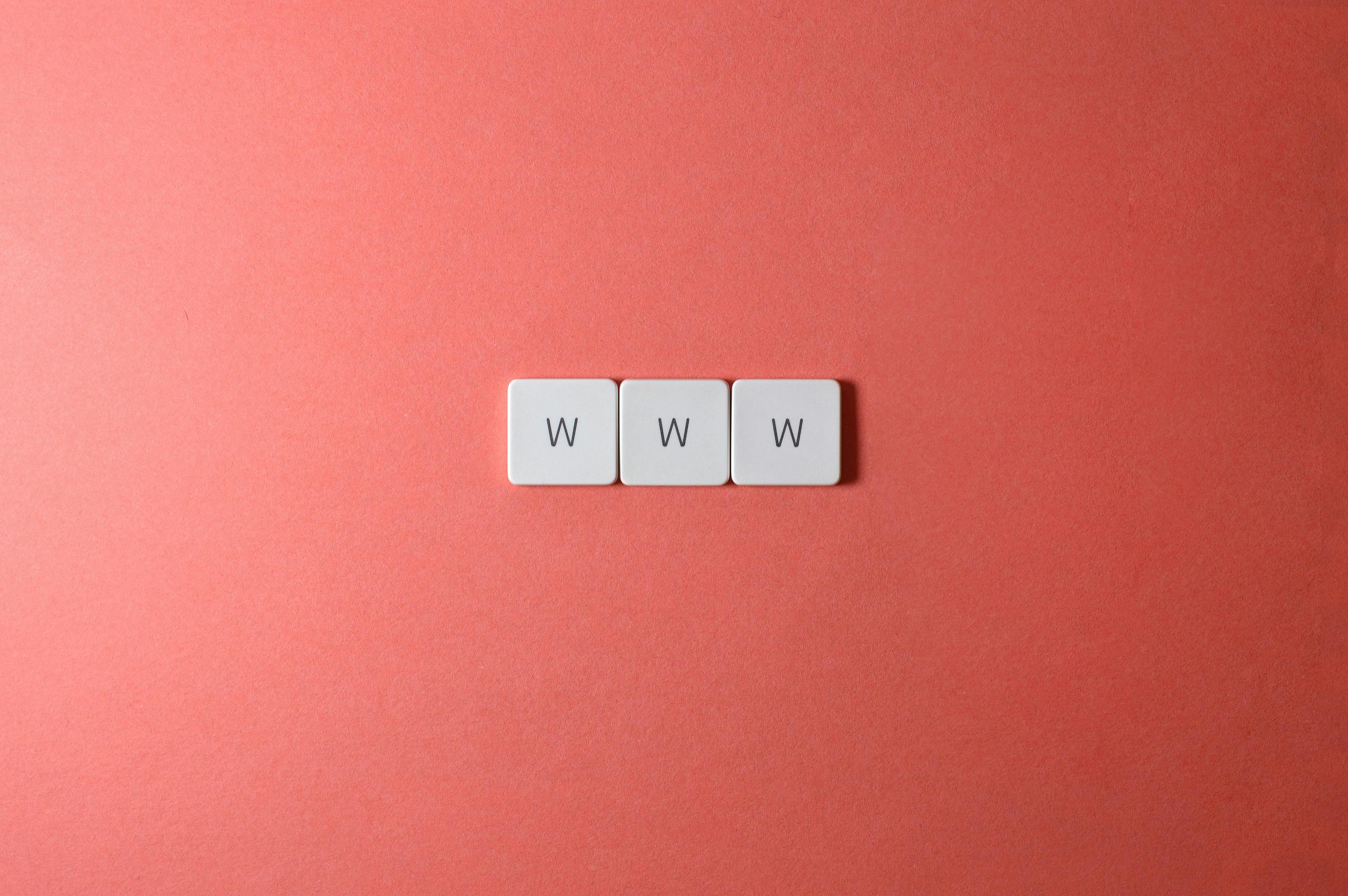
Copyright and copy of a Google Earth screen print
Has one of your friends or family ever printed out a map from Yahoo or Google to tell you how to get to a family event or party? It happens all the time, but did you know that they are most likely infringing copyright law? That sounds pretty fun, doesn’t it? However, you may be doing this in your small business if you have a sale and print directions to your business on a flyer. I’ve even seen maps in the Yellow Pages that were printed directly from Yahoo Maps, even out of copyright. That’s interesting isn’t it?
For one, Yahoo Maps is getting the credit, and it’s an ad itself for them, but it’s also a copyright violation for the person who printed it. Yahoo and Google obviously expect people to screen print their maps, and they even have print-friendly versions, though they contain the copyright at the bottom. Now, what about using Google Earth satellite images, or Street View and printing those too? is that allowed? Obviously, Google maintains the copyright. Let’s discuss this for a few moments if we can. You see, in 1790 the first US copyright law was created that covers;
Books
Graphics
maps
But over the years, it has come to cover a myriad of other things, such as, among others;
engravings
chart
Photographs
Films
Radio and television broadcasts
cable broadcasts
Music
Satellite broadcasts
computer software
Regardless of how that information is stored, it is subject to copyright. It is assumed to be copyrighted, and those who have created this information are entitled to that copyright. Not long ago, I was talking to a commercial real estate agent who copied a Street View file into Google Maps and showed me a commercial location for sale. Interestingly, he had that same image on the website of him in the “for sale” listings. Now we’re starting to get into trouble, aren’t we? All such information is protected by copyright law.
Some might say that Google wouldn’t care, and that’s probably true. After all, Google has copied quite a few works from bygone eras, old books and the like, for example. However, when someone starts putting this information on their website in the same medium Google produced it on, they are violating copyright, even if Google isn’t going to go after a commercial real estate seller. Even if the entire industry starts doing it, it’s doubtful Google wants to file a lawsuit or series of lawsuits to stop it.
They don’t need the bad publicity, but that doesn’t make it all right. And therefore I hope you will please consider all of this and think about it. If you’d like to discuss this at a much higher level, please email me.
Reference:
“How to Handle Basic Copyright and Trademark Problems”, by Richard Dannay, President of the Practicing Law Institute Audio Cassette Program, New York, 1990, 4 x 7-sided cassettes of 30 minutes each.